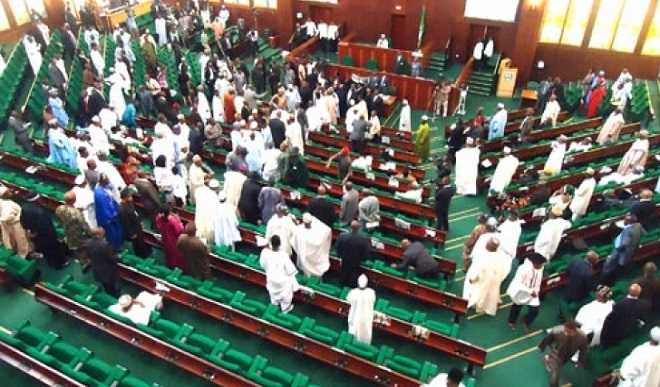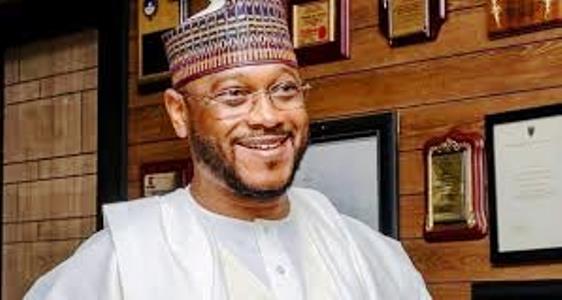PDP lawmakers condemn presidential system, want Nigeria to adopt parliamentary method

Seventy-one members of the Peoples Democratic Party (PDP) in the House of Representatives have condemned the presidential system of government, describing it as wasteful and inimical to the country’s growth. Instead, they moved a motion at the Assembly floor for adoption of parliamentary system for Nigeria.
The lawmakers – Kingsley Chinda (Rivers) and 70 others – yesterday sponsored Constitution of the Federal Republic of Nigeria, 1999 (Alteration) Bill, 2018 to replace presidential system with parliamentary system.The Bill scaled the first reading.

Chinda, who was represented at a news briefing by Nicolas Ossai and flanked by others, said it was time Nigeria dumped its present presidential system of government and emulate other countries that have taken to a more progressive parliamentary system of government.
He noted that studies showed that 169 countries during 1950-2003 made 123 changes in the form of government they practised within these periods.
To lend credence to their call, the lawmakers noted that among several factors, the level of instability and volatility of presidential systems makes it difficult to achieve sound economic objectives.
They also noted that over-centralisation of the government’s decisions that are prevalent in presidential systems obstructs economic growth when compared to the parliamentary or hybrid systems.
He said: “Our position in this legislation clearly point to compelling advantages of parliamentary systems of government to economic growth as well as its inherent efficiency in the conduct of government’s businesses.
“Studies have shown that countries run by presidential regimes consistently produce: lower output growth, higher and more volatile inflation and greater income inequality relative to those under parliamentary ones. Little wonder the rich continues to be richer while the poor get poorer and we have become the poverty capital of the world, Chinda said.
The lawmaker also mentioned slow passage of legislation, high unemployment, political and economic instability, as some of the challenges confronting the presidential system of government
“There are countless empirical records which show that output growths under presidential regimes are in zero points (negative), while output growth under Parliamentary systems clocks from one point and above (positive).
“In countries run by presidential systems, inflation is on average six percentage point higher than those under parliamentary regimes.
“Income inequalities under presidential systems are worse when compared with that of parliamentary or hybrid systems of government.
“Presidential regimes consistently producing less favourable macroeconomic outcomes, which prevails in a wide range of circumstances (the Nigerian example).
“Due to the excessive powers domiciled in one man under the presidential systems, consensus building that is often required for economic decision is always lacking.
The lawmakers refused to entertain questions, even when asked why they never found the system wanting for 16 years that their party was in government.








